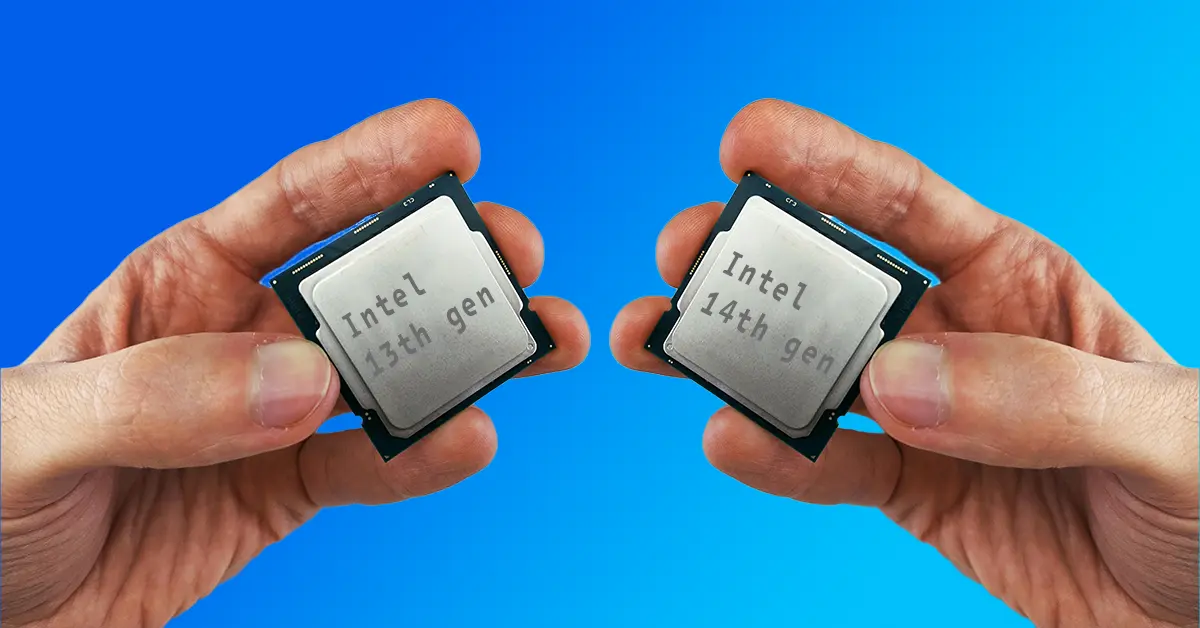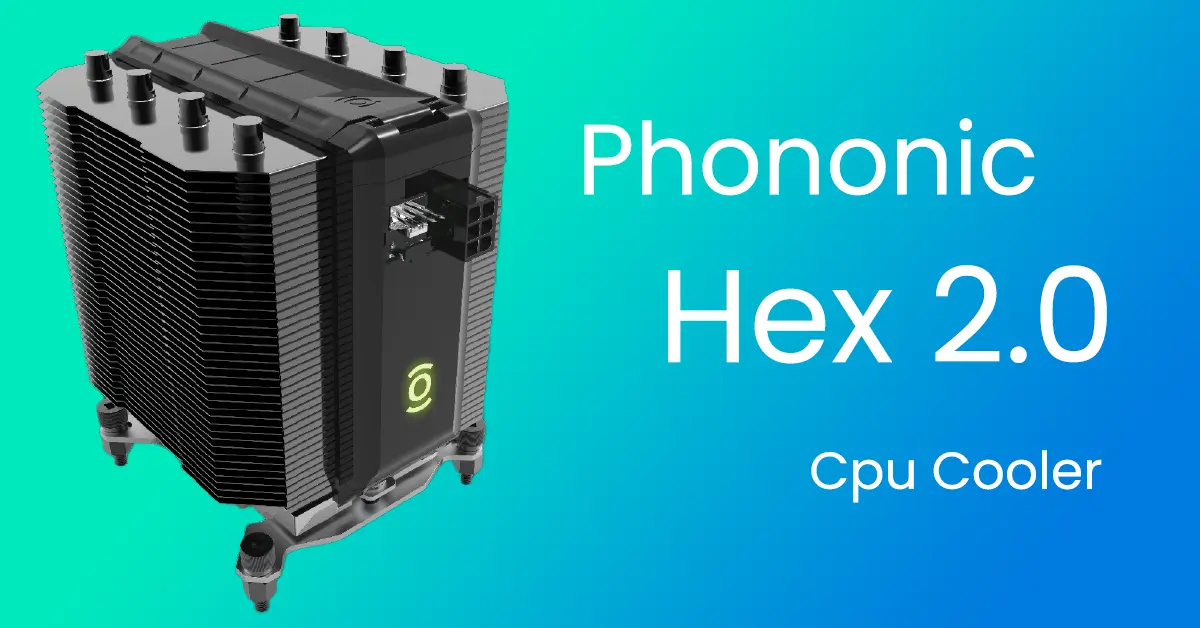Table of Contents
So, Intel’s in a bit of a pickle, huh? They’ve been having some major issues with their 13th and 14th Gen CPUs, and now they’re trying to make up for it with an extended warranty. But does this really fix the problem? Let’s dive into the nitty-gritty of what’s going on and why you might want to think twice before buying these chips.
What’s Going On with Intel’s 13th and 14th Gen CPUs?
The Initial Hype
When Intel announced their 13th and 14th Gen CPUs, tech enthusiasts were buzzing. These chips were supposed to be the next big thing in computing, promising incredible performance and efficiency. But as they say, the bigger the hype, the harder the fall.
The Reality Check
Once these CPUs hit the market, it didn’t take long for users to start noticing problems. From overheating issues to unexpected crashes, the 13th and 14th Gen CPUs have been plagued with problems. It’s like buying a brand-new sports car only to find out it has a faulty engine. Total buzzkill, right?
Intel’s Attempt at Damage Control
Extended Warranty: A Band-Aid Solution
In response to the backlash, Intel decided to offer an additional two years of warranty coverage for these troubled CPUs. On the surface, this seems like a generous gesture. After all, who wouldn’t want extra protection for their expensive hardware?
The Catch
But here’s the thing: extending the warranty doesn’t actually fix the underlying issues. It’s like putting a Band-Aid on a broken bone. Sure, it might make you feel a bit better, but it doesn’t address the real problem. And that’s where things get tricky.
Why the Extended Warranty Isn’t Enough
No Permanent Fix in Sight
Despite Intel’s efforts to compensate, there’s no permanent fix available for these CPUs. The problems are deeply rooted in the hardware design, which means they can’t be easily patched or repaired. This leaves users stuck with potentially unreliable hardware, even with the extended warranty.
The Risk Factor
Using a CPU with known issues can be risky, especially if you’re relying on it for important tasks. Imagine working on a critical project, and your computer crashes out of nowhere. Not fun, right? The extra warranty might cover repairs, but it won’t prevent these disruptions from happening in the first place.
The Alternatives: What Should You Do?
Explore Other Brands
Given the situation, it might be wise to explore alternatives from other manufacturers. AMD, for example, has been making significant strides in the CPU market and could offer more reliable options. Don’t put all your eggs in one basket, especially if that basket has a hole in it.
Wait for the Next Generation
If you’re not in a rush to upgrade, consider waiting for Intel’s next generation of CPUs. Hopefully, they’ll have learned from their mistakes and deliver a product that lives up to the hype. Patience can be a virtue, especially when it comes to tech.
FAQs
What specific issues are users experiencing with Intel’s 13th and 14th Gen CPUs?
Users have reported a range of problems, including overheating, crashes, and general instability. These issues can disrupt workflows and make the CPUs unreliable for critical tasks.
Does the extended warranty cover all types of damage and malfunctions?
The extended warranty covers defects and malfunctions related to the hardware design issues of the 13th and 14th Gen CPUs. However, it may not cover damage caused by user error or other external factors.
Are there any temporary fixes or workarounds for the current issues?
Some users have tried various workarounds, such as adjusting cooling solutions or tweaking settings in bios, but these are not guaranteed to resolve all issues. The problems are deeply rooted in the hardware design.
How does Intel’s extended warranty compare to the standard warranty offered by other CPU manufacturers?
Intel’s extended warranty adds two extra years to the standard warranty period, offering longer coverage than most competitors. However, the value of this extended coverage is questionable given the unresolved hardware issues.
What should users do if they are currently experiencing problems with their 13th or 14th Gen CPUs?
Users should contact Intel’s customer support to explore their options under the extended warranty. They might also consider consulting with a tech professional to assess any potential workarounds or alternative solutions.



